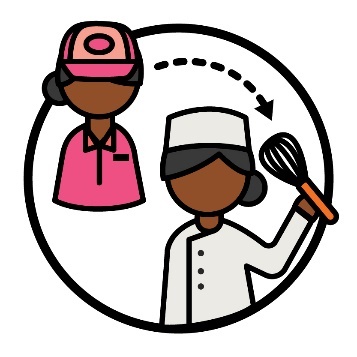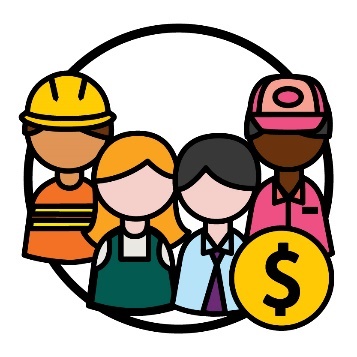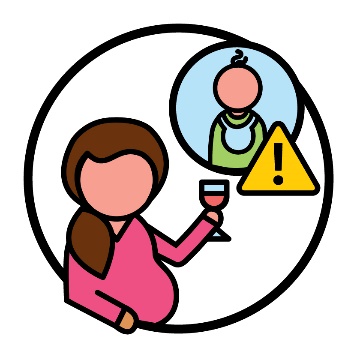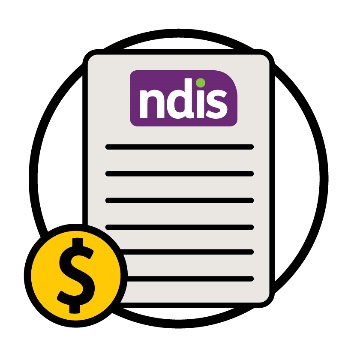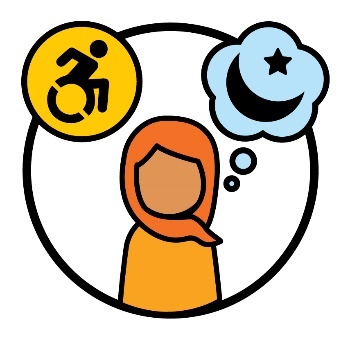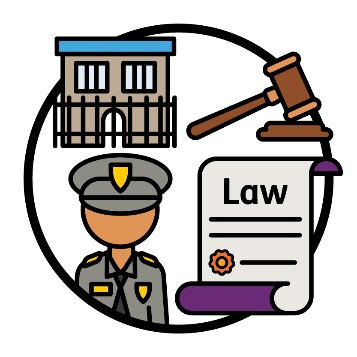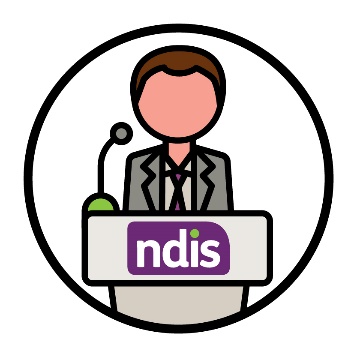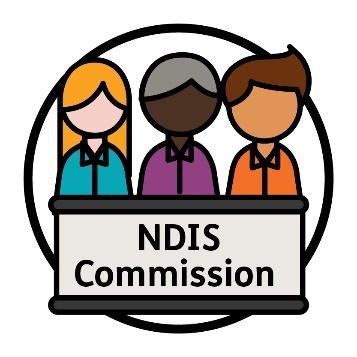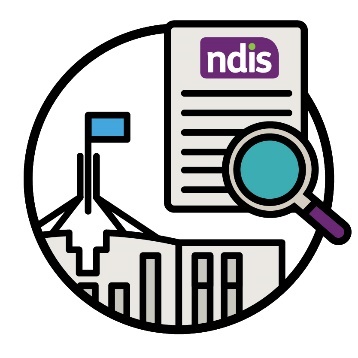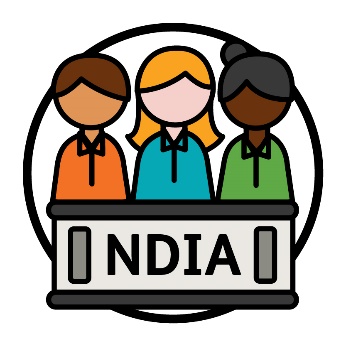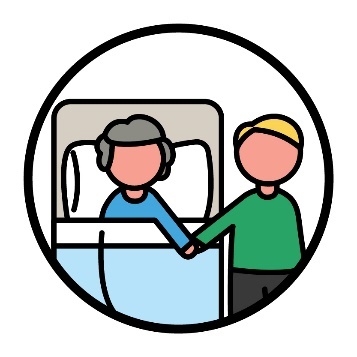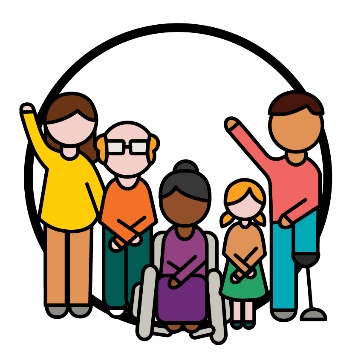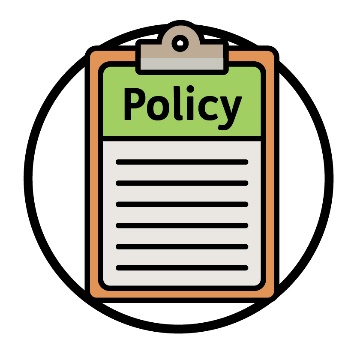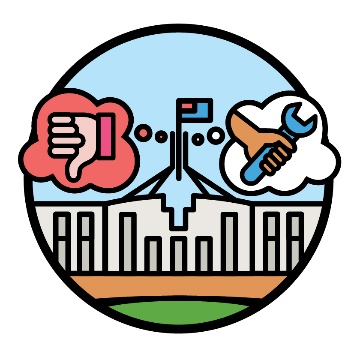Word list
This list explains what the bold words in this document mean.
|
|
Accessible When information is accessible, it is easy to:
|
|
|
Behaviour support practitioners Behaviour support practitioners help people with disability to:
|
|
|
Behaviour support plan A behaviour support plan is a document with steps for improving behaviour. |
|
|
Bulletin A bulletin is an important news item we share with the community. It explains what we did in our last meeting. |
|
|
Career Your career is the path you take in your work throughout your life. |
|
|
Employer An employer is a person who hires other people to work for them. |
|
|
Employment Employment means you:
|
|
|
Exploitation Exploitation is when someone takes advantage of you. |
|
|
Fetal alcohol spectrum disorder (FASD) Drinking alcohol while pregnant can cause FASD. It affects how a baby grows before it’s born. |
|
|
Fraud Fraud is something someone plans to do that is not honest. Fraud is a crime. |
|
|
Funding Funding is the money from your plan that pays for the supports you need. |
|
|
Intellectual disability An intellectual disability affects how you:
|
|
|
Intersectionality You can be different in more than one way. And people might treat you differently for each part of who you are. We call this intersectionality. |
|
|
Justice Liaison Officers (JLOs) JLOs help people with disability find and use supports:
This includes working with the justice system to help people with disability take part in the NDIS. |
|
|
Justice system The justice system includes:
|
|
|
Minister A minister leads an area of the government. |
|
|
NDIS Quality and Safeguards Commission The NDIS Quality and Safeguards Commission makes sure people with disability who take part in the NDIS:
In this bulletin we call them the NDIS Commission. |
|
|
NDIS Review The Australian Government is checking the NDIS to find out what:
They call it the NDIS Review. |
|
|
NDIA Board The NDIA Board is a group of people who make decisions about all parts of the NDIA. |
|
|
|
Palliative care Palliative care is a support for when you are near the end of your life. You use palliative care when you have an illness that:
|
|
|
|
Participants Participants are people with disability who take part in the NDIS. |
|
|
|
Plan manager A plan manager is someone that will manage your NDIS plan for you. |
|
|
|
Policy Policies are:
|
|
|
|
Providers Providers support people with disability by delivering a service. |
|
|
|
Reference Group A Reference Group is a group of people who give us advice about a certain topic. |
|
|
|
Restrictive practices Restrictive practices are actions that stop people from:
|
|
|
|
Royal commission A royal commission is how the government looks into a big problem. It helps us find out what:
|
|
|
|
Scam We call it a scam when someone tries to:
|
|
|
|
Supported decision-making Supported decision-making is when someone supports you to make your own decisions about your life. |
|
|
|
Therapy Therapy is a type of support that can help how:
|
|
|
|
Trauma Trauma is the way you feel about something bad that happened to you. For example, you might feel scared or stressed. Trauma can affect you for a long time. |
|
|
|
The Information Access Group created this Easy Read document using stock photography and custom images. The images may not be reused without permission. For any enquiries about the images, please visit www.informationaccessgroup.com. Quote job number 5264-B. |




